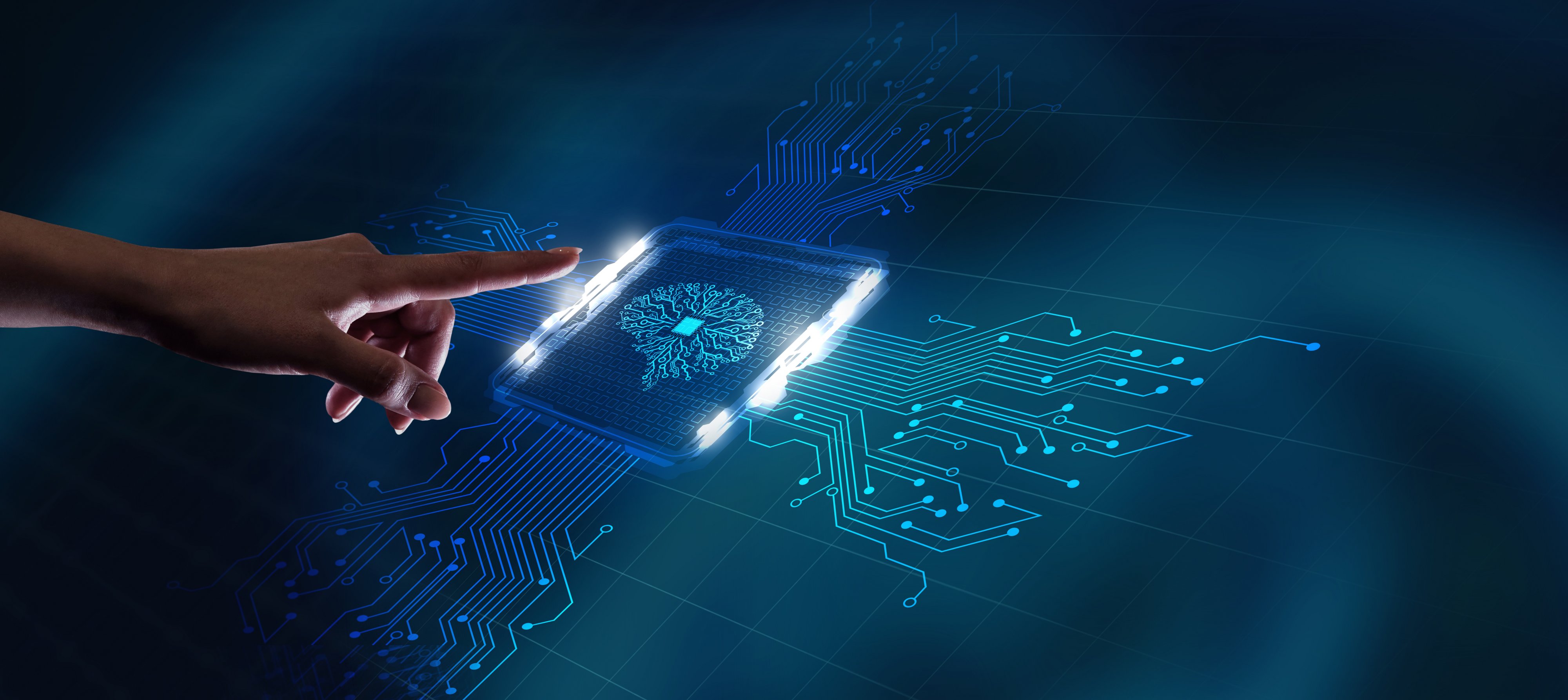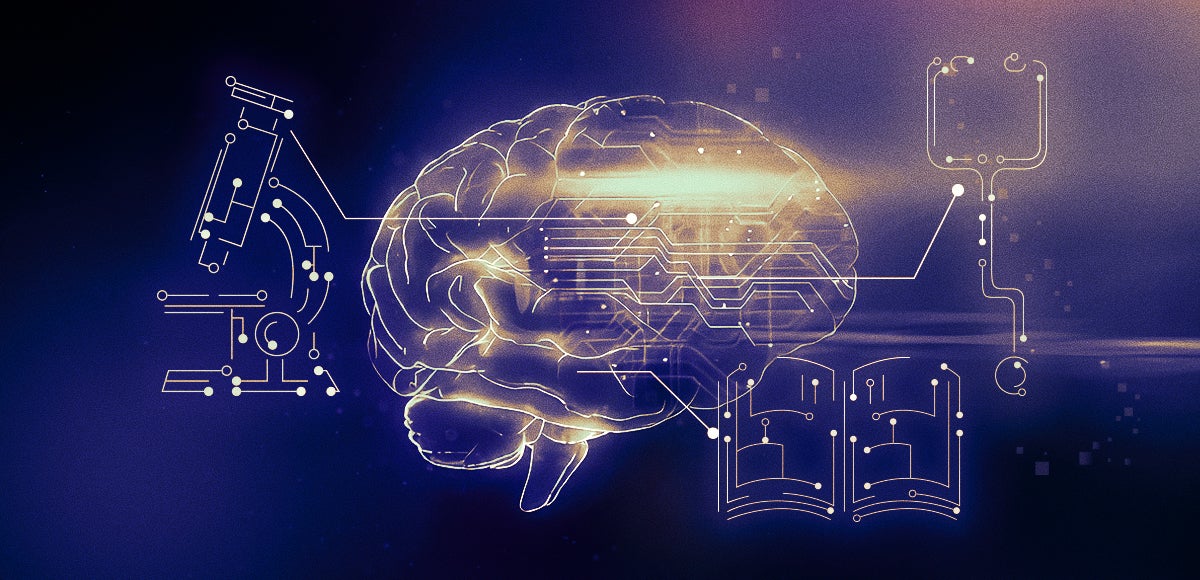Introduction
Artificial Intelligence (AI) has emerged as one of the most trans formative technologies of our time. With its ability to process vast amounts of data and learn from it, AI has revolutionized numerous industries, from healthcare to finance, transportation to entertainment. This article delves into the future of AI, exploring its potential to reshape various sectors and its impact on society. As we navigate the ever-evolving landscape of technology, understanding the possibilities and challenges presented by AI is crucial.
I. AI in Healthcare
The healthcare industry stands to benefit immensely from the advancements in AI. With its ability to analyze complex medical data quickly and accurately, AI can assist in early disease detection, treatment planning, and personalized medicine. Machine learning algorithms can analyze patient records, lab results, and medical images to identify patterns and predict outcomes. AI-powered chat bots and virtual assistants can offer 24/7 patient support, helping to alleviate the burden on healthcare professionals and provide timely information to patients. Additionally, AI can enhance medicine by enabling remote monitoring and diagnosis, improving accessibility and quality of care for patients worldwide.
II. AI in Finance
: AI is reshaping the finance industry by automating tasks, improving fraud detection, and enhancing investment strategies. Intelligent algorithms can analyze vast amounts of financial data, identify patterns, and make predictions, assisting traders and investors in making informed decisions. AI-powered chat bots and virtual assistants are transforming customer interactions, providing personalized financial advice and streamlining banking processes. Moreover, AI-based systems can monitor transactions in real-time, flagging suspicious activities and preventing fraud. By automating routine tasks and minimizing human error, AI is revolutionizing financial operations, making them more efficient and secure.
III. AI in Transportation
The transportation sector is undergoing a major transformation with the integration of AI. Autonomous vehicles, powered by AI algorithms and sensors, have the potential to revolutionize mobility, improving safety, efficiency, and accessibility. These vehicles can reduce accidents caused by human error and optimize traffic flow. AI can also enhance logistics and supply chain management, optimizing routes, minimizing delivery time, and reducing fuel consumption. Furthermore, AI-enabled systems can analyze traffic patterns, predict congestion, and offer real-time navigation suggestions, leading to smoother journeys for commuters. The combination of AI and transportation has the potential to reshape urban planning, reduce pollution, and create more sustainable cities.
IV. AI and Society
While the future of AI holds great promise, it also raises important ethical and societal concerns. One challenge is ensuring that AI systems are unbiased and fair, as they can perpetuate existing biases present in the data they are trained on. Additionally, the impact of AI on employment raises concerns about job displacement and the need for ups killing the workforce. It is crucial to develop robust regulations and ethical guidelines to govern the development and deployment of AI technologies.
In recent years, the integration of artificial intelligence (AI) in healthcare has been a game-changer, transforming the way medical professionals diagnose, treat, and manage diseases. This groundbreaking technology has the potential to revolutionize the future of medicine, improving patient outcomes, reducing healthcare costs, and enhancing overall efficiency. This article delves into the various applications of AI in healthcare and its significant impact on the industry.

- AI-powered Diagnosis and Medical Imaging: One of the most prominent areas where AI has made significant strides is in the field of medical diagnosis and imaging. Machine learning algorithms can analyze vast amounts of medical data, including radio logical images, pathology reports, and patient records, to aid in the accurate detection of diseases such as cancer, cardiovascular conditions, and neurological disorders. AI algorithms can identify patterns and anomalies that may be missed by human eyes, leading to early detection and timely intervention.
- Personalized Treatment and Precision Medicine: AI algorithms have the potential to revolutionize treatment strategies by enabling personalized medicine. By analyzing a patient’s genetic information, medical history, and lifestyle factors, AI can provide tailored treatment plans and recommendations. This approach maximizes the effectiveness of treatments while minimizing adverse reactions, ultimately improving patient outcomes.
- Virtual Assistants and Chat bots: Virtual assistants and chat bots powered by AI have become increasingly prevalent in healthcare settings. These tools can provide patients with instant access to medical information, answer queries, and even offer basic diagnostic assessments. They help streamline healthcare services, reduce wait times, and improve patient satisfaction.
- Drug Discovery and Development: The traditional process of drug discovery and development is time-consuming and expensive. AI has the potential to expedite this process by analyzing vast amounts of biomedical data, identifying potential drug targets, and predicting drug efficacy. Machine learning algorithms can analyze genetic data, molecular structures, and clinical trial results to identify promising drug candidates, leading to faster development of new treatments.
- Remote Patient Monitoring: With the rise of wearable devices and Io technology, remote patient monitoring has become more accessible. AI algorithms can analyze real-time patient data, such as heart rate, blood pressure, and glucose levels, to detect anomalies and provide early warnings for potential health issues. This technology enables proactive healthcare interventions, reduces hospital readmission, and improves overall patient well-being.
- Data Security and Privacy: As AI technology becomes more integrated into healthcare, ensuring data security and privacy is of paramount importance. Strict regulations and robust cyber security measures must be in place to protect patient information from breaches or unauthorized access. Transparent data sharing policies and ethical considerations are
Conclusion
Artificial Intelligence is transforming industries and reshaping society as we know it. From healthcare to finance and transportation, AI is revolutionizing processes, improving efficiency, and enhancing the quality of services. As AI continues to evolve, it holds the potential to solve complex problems, drive innovation, and improve the human experience.









